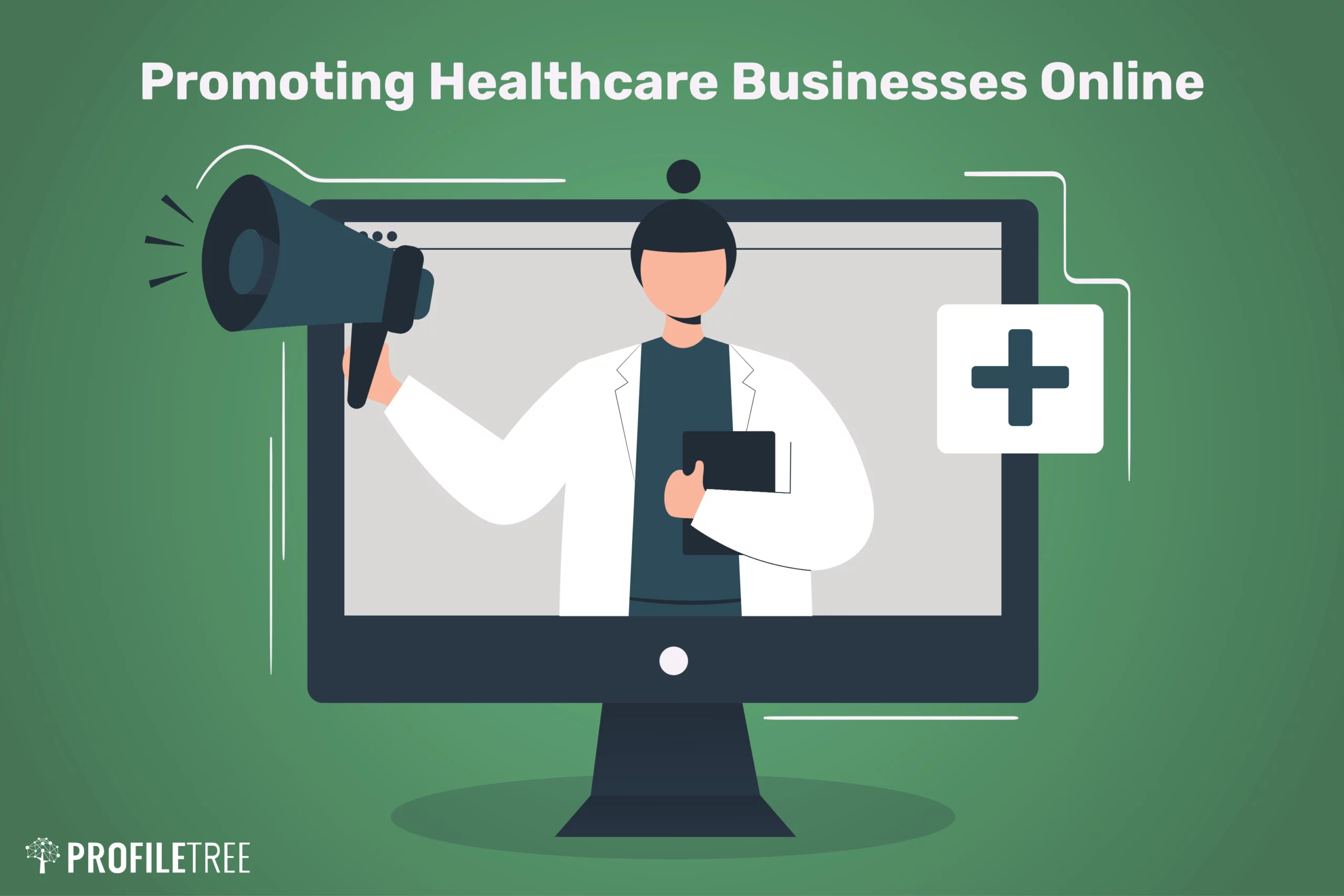A Comprehensive Guide to Subscription Based Healthcare: What You Required to Know
A Comprehensive Guide to Subscription Based Healthcare: What You Required to Know
Blog Article
The Rise of Subscription-Based Medical Care and Its Effect On Patient Care
As health care advances, the subscription-based version is obtaining grip, assuring to revolutionize client treatment by supplying predictability and accessibility. These models, which bypass standard insurance, could redefine the patient-doctor dynamic, emphasizing preventative and tailored care. As with any kind of technology, they offer obstacles, particularly worrying equitable access for all socioeconomic groups. The potential for these versions to reshape healthcare distribution elevates pushing questions about their long-term sustainability and inclusivity. Are these registration services the future of medical care, or do they take the chance of leaving at risk populaces behind? The details of this change warrant a closer examination.
Understanding Registration Health Care Models
Comprehending the concept of membership healthcare designs involves analyzing a transformative strategy to medical solutions that emphasizes price and ease of access. These versions, commonly referred to as direct medical care (DPC) or attendant medication, have become ingenious choices to conventional fee-for-service medical care systems. Subscription health care enables clients to pay a set monthly or annual cost for a specified set of medical services, which might consist of unlimited office brows through, routine examinations, and standard laboratory tests, without the need for conventional insurance policy payment.
The framework of subscription healthcare models is developed to improve person treatment by removing third-party payers and intricate billing codes, consequently reducing administrative concerns. Medical care service providers can focus more on client care, fostering more powerful patient-provider partnerships. This version additionally advertises preventative care by urging normal check outs, as the monetary challenge of per-visit costs is removed.
The subscription version typically equips doctor to handle smaller sized client panels, permitting even more tailored treatment. It aligns economic rewards with client health results, as companies are encouraged to maintain client fulfillment and well-being. Overall, recognizing membership healthcare versions needs acknowledging their prospective to reshape how care is delivered and accessed.
Advantages for Carriers and people

With a stable revenue stream, health care professionals can commit more time to each person, leading to a more personalized and detailed care experience. The emphasis on preventative care within membership plans can lead to much better patient results and decreased lasting healthcare expenses.
Concerns and difficulties
While subscription-based medical care models present countless advantages, they additionally come with a collection of challenges and worries that must be dealt with. First, ease of access continues to be a substantial issue, as these models commonly target individuals who can pay for month-to-month fees, potentially omitting low-income populaces. This raises ethical questions about equitable access to healthcare services. Additionally, the varied nature of subscription plans can result in confusion amongst people regarding insurance coverage specifics, potentially causing unmet assumptions or poor treatment.
Financial sustainability of subscription-based versions is an additional worry. Service providers must stabilize the set earnings from subscriptions with the variable prices of medical care services, which may fluctuate because of unexpected medical needs. This can develop pressure to restrict solutions or increase costs, potentially impacting person satisfaction and care high quality.
Furthermore, regulative oversight of subscription-based medical care models is still progressing. Resolving these obstacles is crucial for the fair and successful application of subscription-based medical care.
Influence on Patient-Doctor Relationships
One additional info considerable impact of subscription-based medical care models on patient-doctor relationships is the possibility for improved connection and customized care. By adopting a subscription model, physicians can take care of a smaller sized individual panel, permitting more committed time with each individual. This increased accessibility cultivates a deeper understanding of a client's medical background, way of living, and choices, making it possible for much more customized therapy plans and interventions.

Nevertheless, it is important to acknowledge that while subscription-based versions might benefit those that can manage them, they might inadvertently expand medical care differences. Individuals who are incapable to take part in these designs might experience decreased access to personalized care, possibly affecting their relationships with doctor. Thus, while the registration design offers appealing advantages for patient-doctor partnerships, it likewise poses challenges that need to be resolved to guarantee fair you can try these out health care access.
Future of Health Care Access

The duty of technology can not be ignored in this transformation. Telemedicine platforms and electronic health records help with seamless communication in between clients and health care suppliers, damaging down logistical and geographical obstacles. In addition, innovations in expert system and data analytics can even more personalize medical care by predicting client demands and optimizing therapy strategies.
Nonetheless, the future of healthcare gain access to also presents obstacles, such as ensuring equity across different socio-economic groups. Policymakers and doctor should collaborate to connect the electronic divide, guaranteeing that subscription-based models remain comprehensive and economical. As these systems grow, they hold the promise of making medical care extra obtainable, effective, and patient-centric.
Conclusion
Subscription-based healthcare designs are reshaping patient treatment by supplying a secure price framework and boosting accessibility. The increase of subscription-based health care encourages positive individual involvement, which has the prospective to boost person end results and contentment, indicating a transformative change in health care shipment.
As health care advances, the subscription-based model is gaining traction, assuring to reinvent individual treatment by providing predictability and accessibility.Subscription-based healthcare versions supply distinctive advantages for both individuals and carriers, boosting the general health care experience.As health care systems evolve, the future of health care accessibility regularly pivots on the integration of cutting-edge versions and innovations.Subscription-based healthcare versions are moved here improving client care by giving a stable cost framework and improving access. The surge of subscription-based health care encourages positive individual involvement, which has the possible to enhance individual results and complete satisfaction, signifying a transformative shift in healthcare distribution.
Report this page